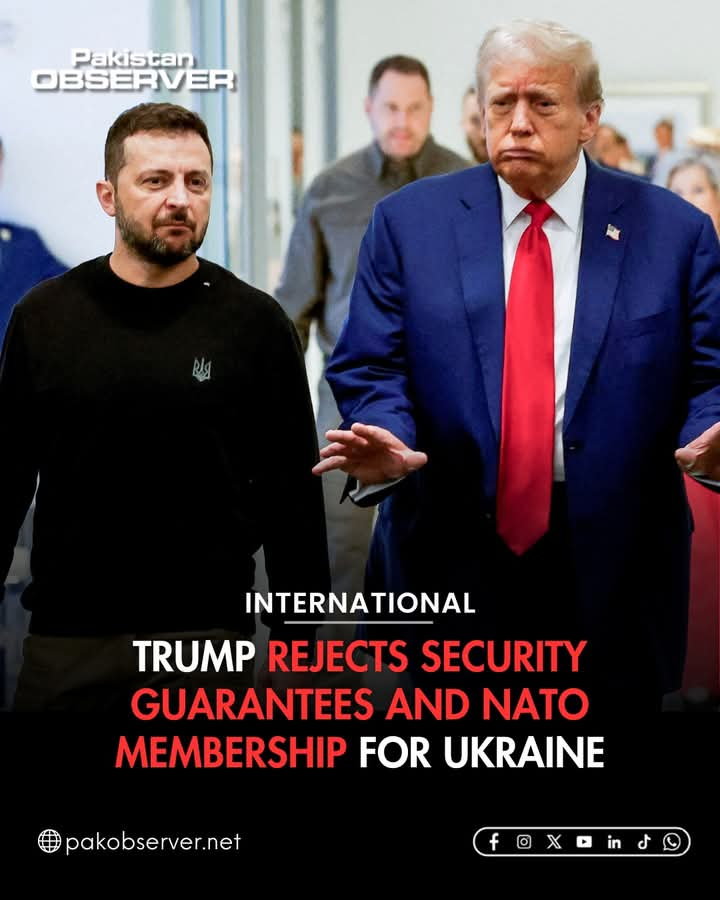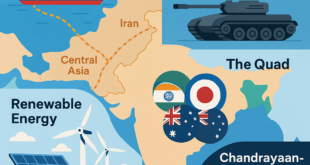In a recent and highly publicized meeting at the White House, tensions escalated between U.S. President Donald Trump and Ukrainian President Volodymyr Zelenskyy.
The encounter, intended to discuss a potential partnership over Ukraine’s rare earth minerals, devolved into a heated exchange. President Trump accused Zelenskyy of not showing sufficient gratitude for U.S. support and of being unprepared for peace, leading to the abrupt cancellation of the proposed minerals-for-war-support deal.
In the aftermath, European leaders swiftly rallied in support of President Zelenskyy and Ukraine.
French President Emmanuel Macron emphasized the ongoing fight of the Ukrainian people for dignity and independence, reaffirming France’s commitment to Ukraine’s sovereignty.
European Commission President Ursula von der Leyen praised Zelenskyy’s bravery, while German Chancellor Olaf Scholz and other European leaders reiterated their unwavering support for Ukraine.
The European Union’s foreign policy chief, Kaja Kallas, criticized President Trump’s approach, stating that “the free world needs a new leader” and underscoring Europe’s resolve to back Ukraine amidst ongoing Russian aggression.
Additionally, Italian Prime Minister Giorgia Meloni called for an immediate summit between the U.S. and Europe to address the escalating situation, stressing the importance of Western unity in supporting Ukraine.
This incident has further strained transatlantic relations, with European leaders expressing concerns over the U.S.’s shifting stance on Ukraine.
The unity displayed by European nations highlights their commitment to Ukraine’s sovereignty and territorial integrity, signaling a determination to support Kyiv irrespective of U.S. policy changes.
As the situation unfolds, Europe’s role in the geopolitical landscape appears increasingly pivotal, especially in the face of evolving U.S. foreign policy under President Trump
 Top Trends Blogs
Top Trends Blogs




